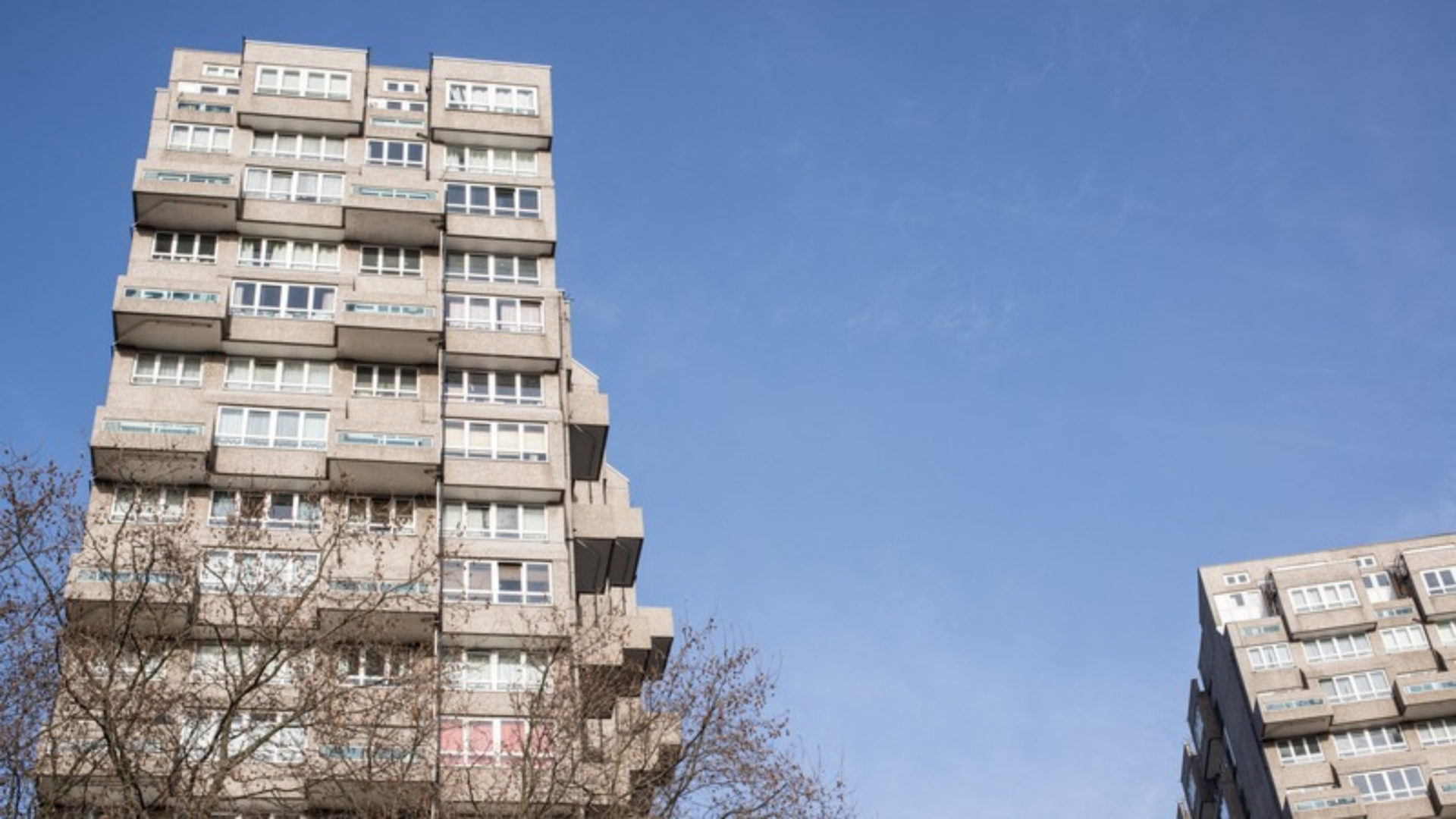
The Housing Ombudsman has published its latest severe maladministration report looking at how social landlords respond to leaks.
The 37-page document, Taking the key lessons from our severe maladministration decisions, reviews how 27 landlords dealt with leaks, and the resulting damp and mould – a significant driver of complaints to the Ombudsman.
The Ombudsman said that “the learning” in the report “will help landlords provide effective services” in social housing.
In its introduction, Housing Ombudsman Richard Blakeway said the housing sector needed to be “more consistent and robust” in its responses to tenants’ reporting of leaks.
In one case, the Ombudsman found a resident decanted for nearly two years while the landlord failed to deal with a leak. And in another example, residents chased landlords repeatedly with little to no action being taken. This resulted in ceilings collapsing or extensive damage to personal belongings and furniture.
| The landlords highlighted in the Housing Ombudsman report include: |
| Arhag Housing Association Birmingham City Council Clarion Ealing Council Gentoo Group Hackney Council Haringey Council Homes Plus Group Irwell Valley Housing Association Islington Council Lambeth Council L&Q Metropolitan Thames Valley Milton Keynes Council Newham Council One Housing Group PA Housing Peabody Platform Housing Group Redbridge Council Royal Borough of Kensington and Chelsea Sanctuary Shepherds Bush Housing Group Southern Housing Tower Hamlets Council Wandle Welwyn Hatfield Council |
Awaab’s Law
“The themes in this report are clear and range from poor diagnosis, excessive delays, and a failure to consider individual circumstances, especially where vulnerabilities are present,” wrote Blakeway.
“Under their existing obligations in the Landlord and Tenant Act, some landlords should be handling leaks more effectively. However, in the context of Awaab’s Law, this is even more important with the impact of any leak, especially where it is significant or the cause of mould, requiring proactive and timely resolution.”
In 2020, two-year-old toddler Awaab Ishak died from a respiratory condition caused by exposure to the mould in his Rochdale home, a coroner ruled. His parents had repeatedly raised concerns about their living conditions.
The Regulator of Social Housing (RSH) said Rochdale Boroughwide Housing had failed to “treat Awaab Ishak’s family with fairness and respect”.
Last year, parliament passed new regulations to improve standards in social housing. These included Awaab’s Law, which requires landlords to investigate and fix reported health hazards within specified timeframes.
The Social Housing (Regulation) Act 2023 granted the Housing Ombudsman additional powers to publish best practice guidance to landlords following investigations and a closer working relationship with the Regulator of Social Housing.
Comments
Comments are closed.












As a Hackney leaseholder, I have been penalised to very high anxiety and depression and fear for leaks caused by a bad managed council block from 1997, nearly when I bought the flat. I have suffered mould and deterioration of already existing poor health. I am now 66 with a cracking ceiling and tired to deal with Hackney Council for the last 27 years.